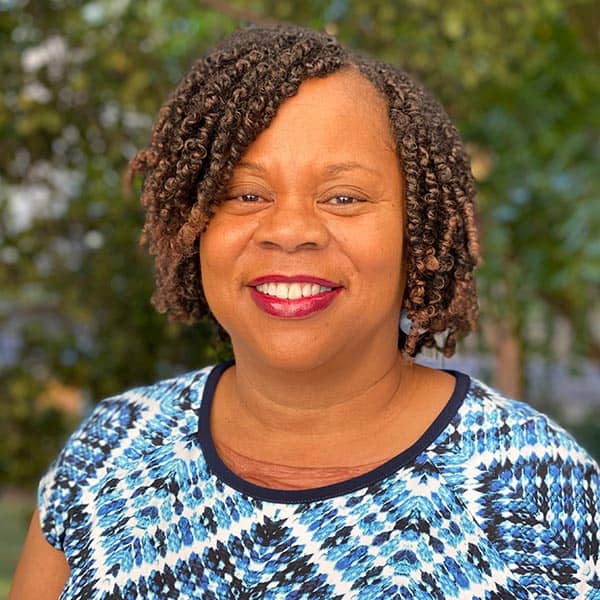Human Relations, B.A.
39 Credits | Main Campus
Better understand human behavior and the social world as you develop a scholarly perspective in the two major social science areas of psychology and sociology.
Learn to better understand human behavior and the social world, as you develop a scholarly perspective in the two major social science areas of psychology and sociology. This interdisciplinary approach fosters intellectual sophistication by demonstrating how these disciplines, both separately and combined, interpret the world and endeavor to answer a wide range of questions concerning human behavior and group life.
Trinity’s human relations major includes a focus on issues of gender, diversity, social justice, ethics, public policy and technology. You will gain experiential and service learning outside the classroom (with a special emphasis on social justice and advocacy) through an internship in your area of interest.
What You’ll Learn
- Design qualitative and quantitative research studies
- Interpret human behavior in society through major theoretical models
- Identify contradictory or oversimplified arguments based on knowledge of psychological and sociological theories and research
- Analyze ethical standards at the individual, group, and systems levels relevant to social justice and equity for diverse communities
- Develop innovative advocacy initiatives for diverse and oppressed communities.
Global Careers
- Educator
- Public Policy Advisor
- Community Organizer
- Non-Profit Manager
- Case Manager
Applying to the Human Relations, B.A. Program
Applying to Trinity is free, and Trinity reviews each application as soon as it is complete: you’ll get our decision right away.
We’re here to help at 202-884-9400 or admissions@trinitydc.edu.
College of Arts & Sciences Admissions Requirements
Applying to the College of Arts & Sciences is a 5-step process:
- Step One: Apply to Trinity
- Step Two: Have your School Administrator submit your Official Transcripts (High School/College/Home School/GED) – International Transcripts must be evaluated prior to submission
- Step Three: Submit Essay “Where do I see myself after obtaining a TWU degree?”
- Step Four: Submit your Recommendation Letter(s) (Teacher/Guidance Counselor/Mentor)
- Step Five: Once your application is submitted, use your log-in credentials to check your status
Admissions Criteria:
- First-Time Freshman candidates for admission should complete a secondary school program that includes 16 academic units: English, Mathematics (algebra, geometry, and trigonometry), Science to include Lab work (biology, chemistry, and physics), History, Foreign Language, and Social Science.
- Transfer candidates must submit official college transcripts from each previously attended college or university.
- Optional Standardized tests such as the Scholastic Aptitude Test (SAT I) and/or the American College Test (ACT) can be submitted. To have your scores sent to us use SAT code 5796 and ACT code 0696.
- Minimum cumulative grade point average 2.0 (on 4.0 Scale).
Applying to Trinity’s School of Professional Studies
Applying is a five-step process:
- Apply to Trinity using the online application
- Submit One (1) Letter of Recommendation
- Submit Official Final Transcript(s) or GED certificate – International Transcripts must be evaluated prior to submission
- Submit an Essay: What unique qualities, experiences, or perspectives would you bring to the Trinity Washington University community
- Once your application is submitted, use your log-in credentials to check your status
Requirements
- High school completion of 10 years or more with demonstrated work experience may submit diploma or GED certificate
- International Students must adhere to International Student Checklist
- Military Students & Family members must complete Veterans Benefits Checklist
- Priority Admission Given to applicants with a minimum cumulative grade point average of 2.0 (on a 4.0 scale)
- Students may apply for credit in experiential learning through program faculty.
- Transfer credits may be accepted toward a major if courses are equivalent to the program of interest.




